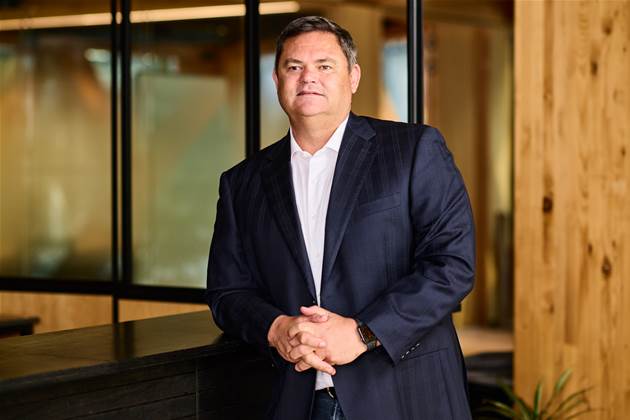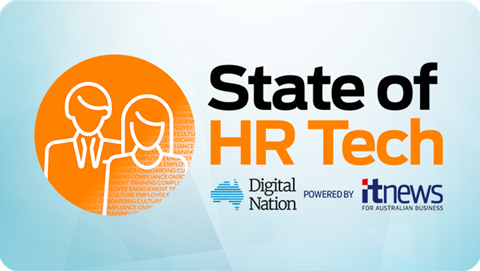Latest research from Accenture has found 62 percent of C-suite execs feel unprepared for 2024 tech and talent challenges.

In its annual Pulse of Change: 2024 Index, the global professional services organisation found these results were 52 percent higher than the global average.
The report stated technology and talent are the two biggest drivers for change with a “perception gap” also emerging from the findings.
While talent was listed as the number two reason for business disruption, C-suite leaders surveyed for the report ranked talent as number four.
C-suite executives also ranked technology as their number one cause of change, matching Accenture’s analysis of business disruption.
The report also found Australian C-suite leaders expressed some optimism for the year with 88 percent anticipating an even faster rate of change in 2024.
Findings also show 73 percent see change as an opportunity, compared to 60 percent globally and 86 percent expect revenue growth to accelerate in 2024, compared to 68 percent globally.
These results are believed to be partially driven by confidence around generative AI with 79 percent viewing generative AI as more of an opportunity than a threat.
Confidence also stemmed from 93 percent of C-level leaders viewing generative AI as more beneficial to revenue growth than cost reduction, compared to 76 percent globally.
Peter Burns, chief executive officer at Accenture ANZ said, “The level of change has dramatically increased over the last few years, and it requires a structural change in how businesses operate — incremental changes in ways of working and performance are no longer sufficient to compete.”
“The most significant source of change and disruption—technology—is also the key to this structural change,” he said.
“We believe that the companies that will succeed in the next decade are those that embrace a strategy of continuously reinventing every part of their business using technology, data and AI, including harnessing the power of generative AI, and ensuring their people are at the centre of their transformations.”
The Index indicator analysis found that in total across all six factors, the rate of change has risen by 183 percent since 2019 and 33 percent in the past year alone.
“Giants of industry” lead change
Burns told Digital Nation ‘tech forward’ industries such as banking, as well as other substantially large companies or “giants of industry”, are leading the charge in adopting generative AI to reinvent their businesses.
“The financial health and digital maturity of companies such as the big Australian banks and telco players, provides them with the flexibility to further invest in building their digital core, which is fundamental to take advantage of the benefits of generative AI,” Burns said.
He said the resources industry is “also a quiet achiever in this respect.”
“Even before generative AI burst on the scene resources companies were early adopters of AI and automation and they have benefited from the efficiencies created by those technologies for a number of years now.”
Burns said there is also “huge potential” for a “reinvention of the healthcare industry and public service.”
He also said, “The desire to drive value from technology investments will bring about structural change within businesses.”
“End-to-end processes will be disrupted as companies decide what tasks can be augmented and automated and entirely new value chains will be created.
“Historically, business systems have been built sequentially, but now through harnessing data and AI, many processes can happen simultaneously,” Burns said.
He explained this has the “potential to collapse silos and allow companies to rethink historical boundaries within their businesses.”
“What will be left behind are the industry standards or norms we have followed in the past.
“The companies who understand the potential of technology best, will be able to create new processes and ways of working that increase productivity and create competitive advantage,” Burns concluded.
The Accenture Pulse of Change Index ranks six factors of change impacting organisations- technology, talent, economic, geopolitical, climate plus consumer and social through various business indicators.
This is then compared to data from a survey of 3400 C-suite leaders on how they view the impact of each factor on their organisations, as well as their preparedness to respond.


_(20).jpg&h=140&w=231&c=1&s=0)


_(28).jpg&h=140&w=231&c=1&s=0)





 iTnews Executive Retreat - Security Leaders Edition
iTnews Executive Retreat - Security Leaders Edition
 iTnews Benchmark Awards 2026
iTnews Benchmark Awards 2026
 iTnews Cloud Covered Breakfast Summit
iTnews Cloud Covered Breakfast Summit
 The 2026 iAwards
The 2026 iAwards












_(1).jpg&h=140&w=231&c=1&s=0)



